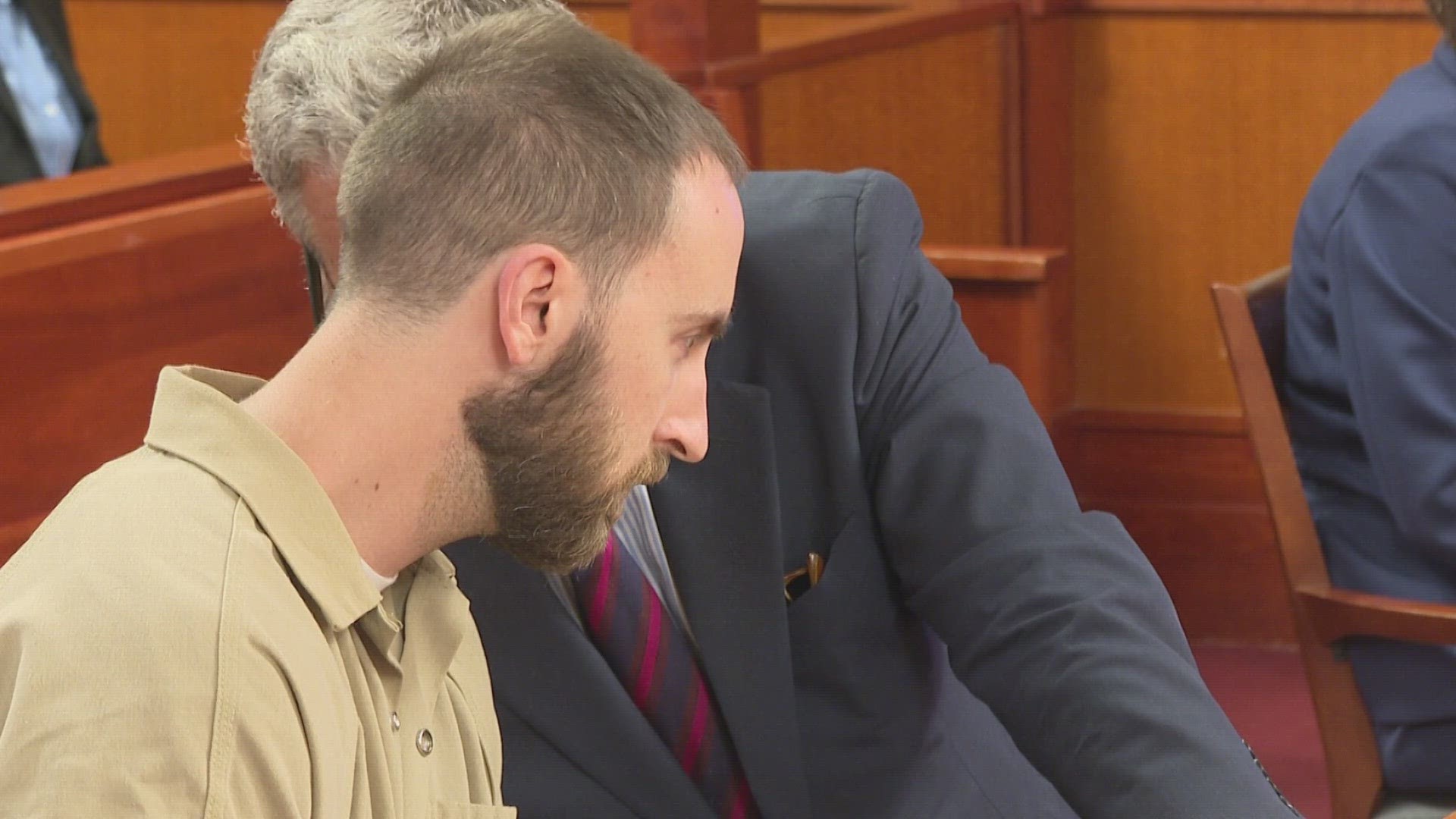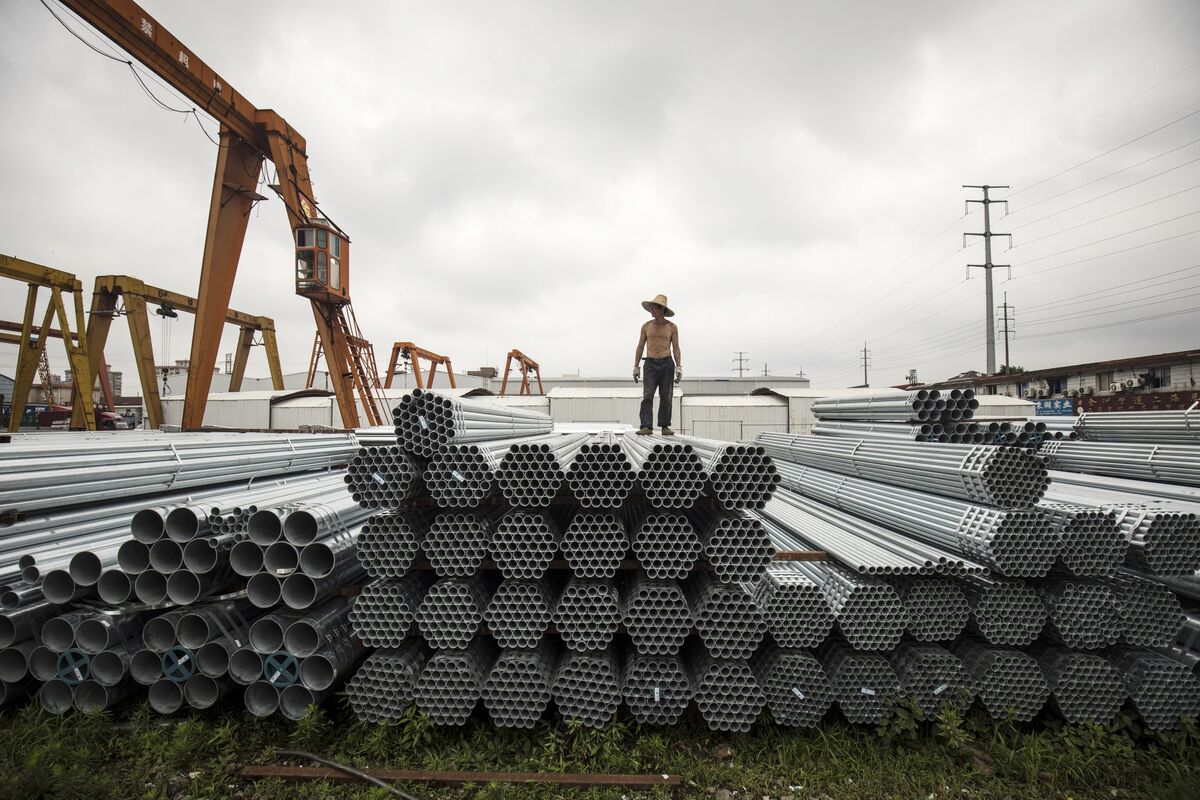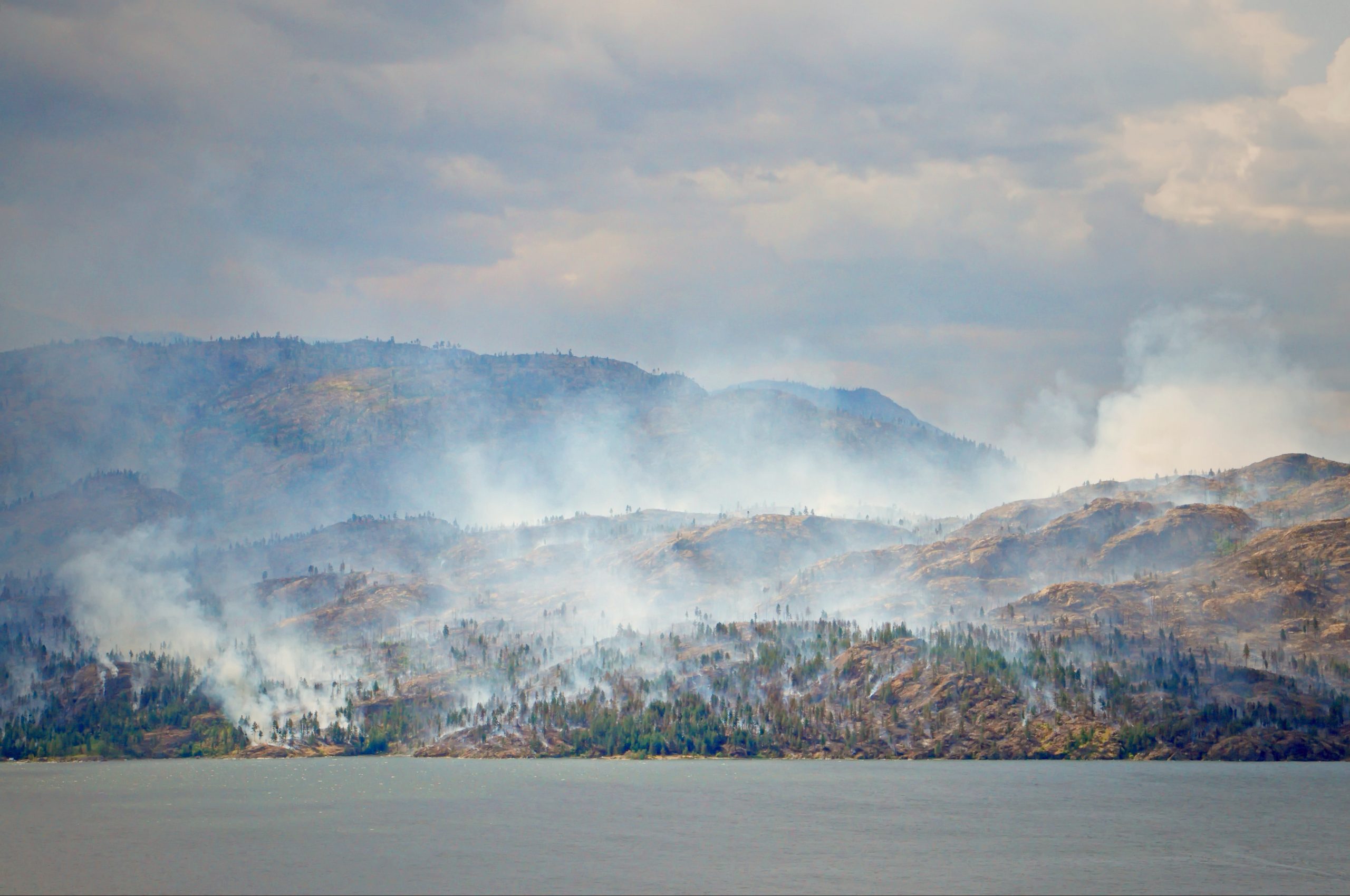Self-Defense Claim: When Insurance Can Help After A Shooting

Table of Contents
Understanding the Legalities of Self-Defense
Successfully arguing a self-defense claim hinges on demonstrating that your actions were justified. The legal burden of proof rests on you to convince the court that you acted in self-defense. This involves proving that you reasonably believed you were in imminent danger of death or serious bodily harm and that the force used was necessary to prevent that harm.
Self-defense laws vary significantly across different jurisdictions. What might be considered justifiable self-defense in one state could be illegal in another. Understanding these variations is paramount.
- Stand Your Ground laws: These laws generally allow individuals to use deadly force in self-defense without a duty to retreat, even if they can safely do so. However, the specifics of these laws differ widely.
- Duty to Retreat laws: In jurisdictions with Duty to Retreat laws, individuals are generally required to retreat if they can safely do so before resorting to deadly force in self-defense. Exceptions often exist if the individual is in their own home.
- Reasonable force considerations: The amount of force used must be reasonable and proportionate to the perceived threat. Using excessive force can negate a self-defense claim.
Accurate documentation and witness statements are vital in building a strong self-defense case. Gather any evidence you can, including photos, videos, and contact information for witnesses. Most importantly, seek legal counsel specializing in self-defense cases immediately after the incident. An experienced attorney can guide you through the legal process and help protect your rights.
Types of Insurance That May Cover a Self-Defense Claim
Several types of insurance policies may offer coverage for expenses related to a self-defense claim, although coverage specifics vary widely depending on the policy and the circumstances of the incident.
Homeowner's and Renter's Insurance
Many homeowner's and renter's insurance policies include liability coverage. This coverage can help pay for legal defense costs, settlements, and judgments resulting from injuries or damages caused to others, even in a self-defense situation. However, it's crucial to understand potential exclusions or limitations.
- Coverage for legal fees: Your policy may cover the cost of legal representation to defend you against claims arising from the shooting.
- Coverage for medical expenses of the attacker (in some cases): In limited circumstances, your liability coverage might extend to covering some medical expenses incurred by the person you shot, although this is less common and heavily dependent on the specific circumstances and policy wording.
- Coverage for damages to property: If property damage occurred during the incident, your policy might cover repairs or replacements.
It's crucial to review your policy carefully to understand the specifics of your liability coverage related to self-defense incidents.
Personal Liability Umbrella Policies
Personal liability umbrella policies provide an additional layer of liability protection above and beyond your homeowner's or renter's insurance. They offer higher coverage limits and broader protection for various incidents, including those involving self-defense.
- Higher coverage limits: Umbrella policies offer significantly higher liability coverage limits than standard homeowner's or renter's policies, providing greater financial security.
- Broader coverage for incidents: They often cover a wider range of incidents and situations than basic liability policies.
These policies can be a valuable supplement to your existing homeowner's or renter's insurance, offering crucial financial protection in a high-stakes situation like a self-defense shooting.
Other Relevant Insurance Policies
Depending on the circumstances surrounding the shooting, other insurance policies might offer some coverage. For example, if the incident occurred in your vehicle, your personal auto insurance policy could potentially offer some liability protection. The location of the incident is a key factor to consider when evaluating potential insurance coverage options.
Filing a Self-Defense Claim: A Step-by-Step Guide
After a shooting incident, prompt action is crucial for a successful self-defense claim.
- Immediately contact your insurance provider: Report the incident to your insurance company as soon as possible. Provide them with a brief summary of what happened.
- Gather all relevant documentation: Collect any evidence, including police reports, witness statements, medical records, photos, and videos. This documentation is essential for your claim.
- Cooperate fully with your insurance company's investigation: Provide them with all the necessary information and documents promptly.
- Seek legal counsel: Consult with an attorney specializing in self-defense cases. They can help you navigate the legal complexities and protect your rights.
The claim review and settlement process can take time and may involve negotiations with your insurance company and potentially legal proceedings. Be prepared for potential challenges and delays.
Common Mistakes to Avoid When Filing a Self-Defense Claim
Several mistakes can jeopardize your self-defense claim.
- Avoid admitting guilt or making statements without legal counsel: Never admit fault or provide statements to law enforcement or insurance companies without first consulting with an attorney.
- Ensure accurate and complete documentation: Thorough and accurate documentation is crucial for supporting your claim.
- Follow your insurance company's procedures diligently: Failure to comply with your insurance company's procedures can delay or even deny your claim.
- Avoid delays due to lack of preparation: Being prepared with all necessary documentation and legal counsel from the start can greatly expedite the process.
Conclusion
Successfully navigating a self-defense claim after a shooting requires understanding your legal rights and the coverage provided by your insurance policies. Knowing which types of insurance might help cover legal fees, medical expenses, and property damage is crucial. Remember to contact your insurance provider immediately after the incident and seek legal advice promptly. Don't delay; understanding your options regarding your self-defense claim can significantly alleviate stress and financial burden during a challenging time. Contact your insurance provider or a legal professional today to discuss your options related to your self-defense claim.

Featured Posts
-
 U S Economy And The Implications Of Rolling Back Tariffs On China
May 13, 2025
U S Economy And The Implications Of Rolling Back Tariffs On China
May 13, 2025 -
 Gazprom Vklyuchit Eao V Programmu Gazifikatsii
May 13, 2025
Gazprom Vklyuchit Eao V Programmu Gazifikatsii
May 13, 2025 -
 District Final Archbishop Bergan Wins Over Norfolk Catholic
May 13, 2025
District Final Archbishop Bergan Wins Over Norfolk Catholic
May 13, 2025 -
 Wildfires Devastate Uks Rarest Wildlife Driving Species To Brink
May 13, 2025
Wildfires Devastate Uks Rarest Wildlife Driving Species To Brink
May 13, 2025 -
 Rossiysko Myanmanskiy Delovoy Forum V Moskve Daty Uchastniki I Povestka Dnya
May 13, 2025
Rossiysko Myanmanskiy Delovoy Forum V Moskve Daty Uchastniki I Povestka Dnya
May 13, 2025
Latest Posts
-
 Manchester Uniteds Pursuit Of Championship Player Transfer Value And Competition
May 14, 2025
Manchester Uniteds Pursuit Of Championship Player Transfer Value And Competition
May 14, 2025 -
 Recall Notice Dressings And Birth Control Pills Recalled In Ontario And Across Canada
May 14, 2025
Recall Notice Dressings And Birth Control Pills Recalled In Ontario And Across Canada
May 14, 2025 -
 Man Utd New Signing Brother Of England Star Ready To Shine
May 14, 2025
Man Utd New Signing Brother Of England Star Ready To Shine
May 14, 2025 -
 Urgent Recall Check Your Dressings And Birth Control Pills Ontario And Canada
May 14, 2025
Urgent Recall Check Your Dressings And Birth Control Pills Ontario And Canada
May 14, 2025 -
 Man Utds Strong Interest In Championship Star Price Tag And Rival Clubs Revealed
May 14, 2025
Man Utds Strong Interest In Championship Star Price Tag And Rival Clubs Revealed
May 14, 2025
